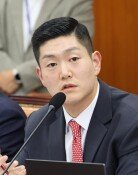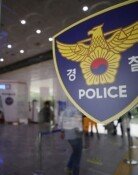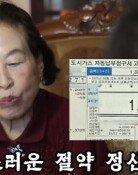Can more employment in public firms fix youth unemployment?
Can more employment in public firms fix youth unemployment?
Posted June. 20, 2015 08:49,
The government is planning to hire more new recruits by increasing the quota of 116 state-owned companies. In an effort to bring down the ever-growing youth unemployment rate, it is also said to include the plan in a comprehensive measure for youth employment which is to be announced in July. It was not long ago when the President rebuked the lax management of government-run firms. Now, it says that it would allow public companies to hire more employees, The compelling evidence of lax management is to hire unnecessary number of employees.
On Thursday, the Ministry of Strategy and Finance gave an explanation that Only when public firms secure the finances by saving through a salary peak system, they will be exceptionally allowed to hire more new recruits, which is flimsy excuse. If so, the number to be newly employed is not significant and the idea totally goes against the reform of public companies that the government has been pushed forward with. If the government truly wishes to give the youth more jobs, it will have to face the problem head-on by promoting economic activities in private sectors. The so-called "Iron Bowl" is the subject to be restructured, not to be enhanced.
Regarding the two-stage reform of state-owned companies, the government has recently introduced measures to adjust their functions. For instance, some business areas that overlap with the ones with private firms such as sales of apartment, which is currently done by Korea Land and Housing Corporation could be transferred to the market to increase the economic efficiency. This functional realignment would produce some 5,695 extra human resources in three areas, which, the government said, would be reassigned in different areas without restructuring. Sticking to job security, the government is betraying the principle of efficiency, most important cause of public reform. On top of this, it now comes up with measure to increase its number of employment, which naturally raises the question of whether public firms want to share the work that can be done by one man with two or three persons.
It was suggested to dismiss Goh Jeong-sik, president of Korea Mineral Resources Corporation, Choi Pyeong-rak, president of Korea Midland Power Co., Ltd and Jang Gi-chang, chairman of board of directors of Korea Infrastructure Safety and Technology Corporation, who were given E grade, the poorest performance, in the evaluation on management performance of government-run companies on June 17. The terms of Goh and Choi, however, will be finished in about a month. In the meantime, the number of public firms to be given performance-based bonus went up to 101 this year from 87 in 2014. It is fair to say that their feast has begun again. Next week, the government is to announce the direction for economic policy for the second half of the year. If the direction is headed toward increasing the employment number under the pretext of giving more jobs to the youth, revitalizing the construction of public offices and utilizing public fund for revised supplementary budget, the prospect of the reform of the public sector and revitalization of private section would seem far off.







